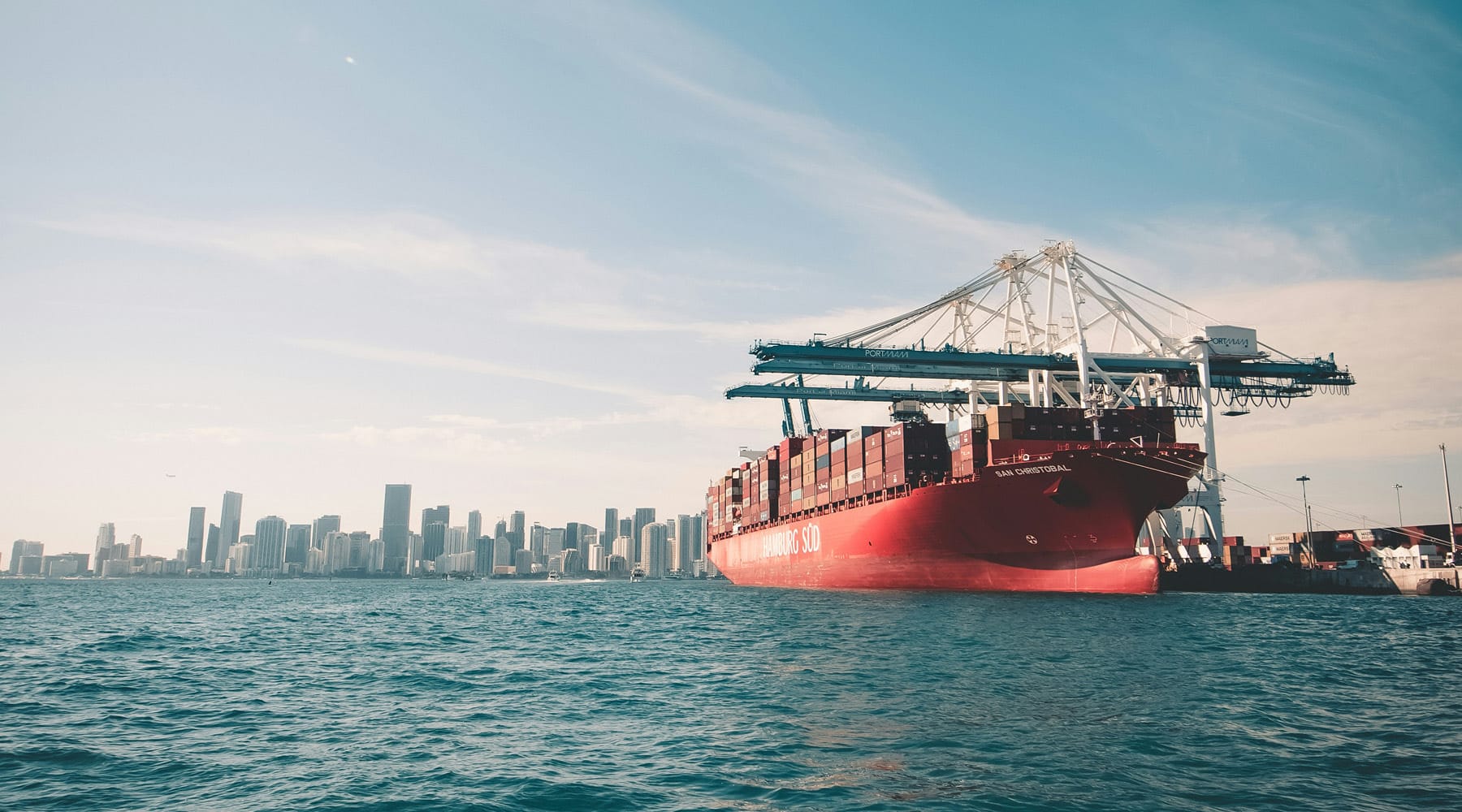
Compliance jargon is packed with ever-multiplying KYA acronyms. This blog explores where they came from, what they actually mean, and why understanding them matters, blending humour with practical insight to help you navigate the acronym jungle.

This article explains how data and analytics are used to detect insurance fraud more effectively.

This article explains ghost broking, a form of insurance fraud that targets victims through fake policies.

This article explains how machine learning improves fraud detection by identifying complex patterns at scale and adapting to evolving threats.

This article focuses on uncovering complex and hidden fraud risks that evade traditional controls, highlighting why advanced analytics are needed to surface them.
.png)
The UAE’s 2025 AML/CFT law marks a major regulatory shift, replacing the 2018 framework with stricter compliance, stronger enforcement and greater accountability. With expanded scope, dual oversight and higher penalties, businesses must strengthen AML controls ahead of the 2026 FATF evaluation.

AI is transforming financial crime as much as compliance. The same tools used to detect risk are now automating fraud, laundering and cybercrime at scale. From AI-driven phishing to synthetic identities, our latest report explores how threats are evolving and how organisations can respond.

Scam call centres now operate like tech startups, using outsourced labour, data-driven tactics and AI to scale fraud globally. Their professional structure makes them hard to shut down, driving huge financial losses and severe emotional harm to victims worldwide.
.png)
The holiday season drives generosity and year-end giving, but also a surge in charity fraud. In 2024, UK consumers lost over £1.2m to fake charity scams, while charities lose £1.65bn annually. This article explores how these scams work, warning signs, and how to protect yourself.

The illegal wildlife trade generates over US$48 billion annually, driving species extinction, biodiversity loss and ecosystem collapse. As global enforcement intensifies, tackling IWT remains a critical challenge for environmental and financial crime prevention.

As UK spending surges for Black Friday and Christmas, online scams spike. Fraudsters use fake websites, counterfeit products and AI-enhanced tactics to steal money and personal data. Shoppers must stay vigilant.

Identity fraud now extends far beyond data breaches and cloned credit cards. It includes scams that harvest personal information through fake job ads, fabricated profiles that meet onboarding checks, and AI-generated impersonation capable of fooling biometric security.

US Department of the Treasury lifted OFAC sanctions on Belavia on 4 Nov, easing curbs on Belarus’s state airline. Amid EU bans and Boeing route restrictions, analysts warn of higher sanctions evasion and parallel imports risks via Russia. Explore impacts on compliance, due diligence and trade.

“Pig butchering” is a fast-growing cryptocurrency scam where fraudsters build trusted and sometimes romantic relationships to lure victims into fake investment schemes, ultimately stealing large sums of money.
.png)
This blog examines the evolving threat of the global illicit drug trade in the Persian Gulf, highlighting four key trends we’re closely monitoring.

Cobalt powers modern technology and electric vehicles but is tied to exploitation, corruption, and environmental harm. This article unpacks global cobalt supply chains, from DRC mines to battery factories, and shows how Themis helps businesses identify and manage related ESG risks.

The U.S. has just tightened its grip on global trade: a new BIS “affiliates rule” now pulls thousands of companies worldwide under U.S. export controls. If ownership links are hidden, you could still be exposed—discover why this game-changing rule is reshaping compliance everywhere.

We’ve handpicked a selection of standout books our team discovered over the summer—perfect picks to kick off the “back-to-school" season. These compelling reads offer deep insight into financial crimes, the systemic vulnerabilities they exploit, and their far-reaching consequences.

AI is fast becoming a high-ROI tool in financial crime and compliance. From cutting costs and boosting efficiency to enhancing resilience, strategic AI investments are helping CFOs do more with less - transforming risk management and unlocking new value across the financial sector.
.png)
The UK’s latest National Risk Assessment (NRA) reveals how money laundering and terrorist financing are evolving—and how the UK is fighting back. A vital guide for AML policy, it arms businesses with intelligence to spot risks and stay protected.

Many clients have heard of the OFAC 50 Percent Rule but aren’t sure how it affects them. It’s far-reaching, with hidden sanctions risks. This post explains the rule, why it demands deeper due diligence, and steps to identify and mitigate those risks.

In June, the EU removed the UAE from its list of high-risk jurisdictions from an AML perspective, signaling growing international confidence in the country’s financial crime oversight.

New updates to the Land Conversion and Financial Crime Risk Assessment link environmental harm to financial crime. Cattle rustling in Nigeria and Cameroon is now red-rated, with added risks on carbon credit fraud, child labour, mining corruption, and gold smuggling.

An overview of modern slavery, distinguishing between human trafficking, smuggling, and forced labor. It highlights the global prevalence of exploitation and the importance of understanding these definitions to combat such crimes.

Dubai’s $160B foreign-owned real estate market faces money laundering risks. The UAE now requires reporting of property deals over AED 55K via REAR. Criminals like Daniel Kinahan have exploited property to hide illicit funds, underscoring the need for strict compliance.

Examines how digital platforms and cryptocurrencies facilitate human trafficking, allowing traffickers to operate anonymously and at scale, posing challenges for law enforcement.

Investigates how sanctions intersect with trade-based financial crimes in Hong Kong, highlighting the complexities businesses face in navigating regulatory compliance.

Financial crimes cause more than economic harm—they hit mental health too. UK data shows 60% of fraud victims face distress; Ghana research links corruption to anxiety and depression. This blog calls for tackling both psychological and financial impacts.

Environmental crime worsens gender inequality, driving violence, trafficking, and hardship for women—especially in regions like the DRC and Peru. Women defenders face abuse, and climate change deepens risks like water scarcity, child marriage, and health threats. Tackling these crimes is key to protecting women’s rights and safety.

AI is transforming financial crime prevention—improving detection, reducing costs, and streamlining compliance. Generative AI and graph networks boost due diligence, while ethical, human-guided use counters criminal misuse. Themis champions tech-human collaboration.

Explores the application of fuzzy logic in Anti-Money Laundering (AML) systems, emphasising its role in improving name-matching accuracy and reducing false positives, thereby enhancing compliance efficiency.

This book focusses on the challenges faced by law enforcement in North West USA and in British Columbia to combat illegal logging, as well as those of the timber-industry communities established since the late 19th century to maintain meaningful and financially viable lives.

The FATF has highlighted the UAE’s progress in fighting financial crime. Its third enhanced follow-up report upgraded three recommendation ratings for the country, marking a step forward in meeting international standards.

Lebanon’s economic collapse, fuelled by debt, corruption, and instability, has led to hyperinflation and greater financial crime risk. In Oct 2024, the FATF grey-listed Lebanon. The country pledges a two-year reform plan to boost transparency and restore investor confidence.

The UK treats profits from legal overseas cannabis businesses as criminal property under the Proceeds of Crime Act. Few cases qualify for exceptions, creating a legal grey area—so anyone handling such funds should proceed cautiously and seek legal advice.

The UK’s 2023–2026 Economic Crime Plan commits £400M to tackle money laundering, kleptocracy, and fraud, with reforms to Companies House, crypto, and sanctions. Progress is clear, but critics urge more urgency and funding. Success depends on public-private collaboration.

Suspicious Activity Reports (SARs) are key to fighting financial crime, with 42% of fraud found via tip-offs. Rising UK SARs and account freezes show their impact. Themis urges strong reporting systems and whistleblower protections to foster transparency.

Corrupt elites still exploit the UK property market via offshore structures and relatives to hide assets. Over 18,000 firms remain non-compliant. With cases of children holding luxury homes, Themis calls for tougher enforcement as new UK and FATF guidance target transparency gaps.

Corruption undermines sustainable development, financial integrity, and DEI. A Themis–Denominator study links lower corruption to higher DEI scores. Marginalised groups, especially women, suffer most. Promoting diversity and transparency is key to fairer societies.

Hindenburg Research accuses India’s Adani Group of fraud, alleging stock manipulation, shell firms, and nepotism—halving Gautam Adani’s net worth and shaking investor confidence. The case highlights how financial crime can roil markets and the need for strong due diligence.

Supply chain failures have linked firms like Inditex and Skechers to forced labour and reputational risk. The EU’s CSDDD will require large companies to address human rights and environmental harms. Themis offers tools to assess suppliers and fight modern slavery.

On World Wildlife Day and CITES’ 50th year, Themis reflects on tackling illegal wildlife trade—the 4th largest financial crime. Laws, AI, forensics, and global cooperation drive change, but shifting demand, like ivory to hippo teeth, shows challenges remain.

Puppy smuggling in the UK has surged post-pandemic, with organised crime exploiting demand and loopholes to import sick or underage dogs. Despite new laws, enforcement gaps remain. Themis urges buyer vigilance—tools like Themis Search can help spot breeder risks

Romance scams rose 30% in 2022, with victims losing £8,234 on average—especially men and those aged 65–74. Scammers use fake profiles and emotional manipulation. Themis urges due diligence in dating; tools like Themis Search can flag risks and help platforms protect users.

Crypto plays roles in both social good and crime—over $50M has aided Ukraine, but bad actors use it to evade sanctions and launder funds, notably via the UAE and Central African Republic. Themis calls for stronger due diligence and compliance to curb misuse.

The Russian invasion of Ukraine has heightened trafficking risks for women and children. Over 2.5M flee, with traffickers exploiting chaos, especially in Moldova, Poland, and Italy. The OSCE urges swift action to warn refugees of false offers and protect them.